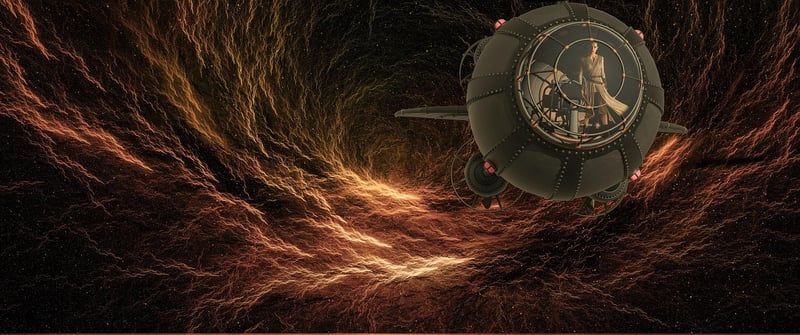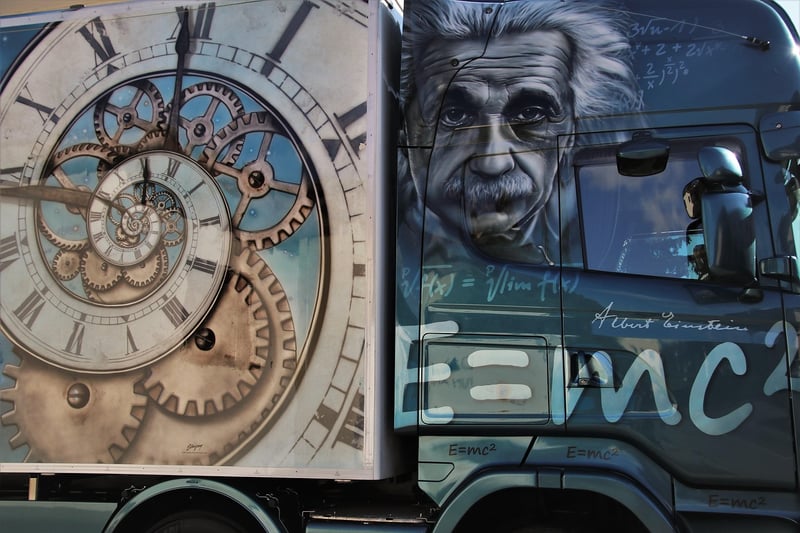Time Warp Theories
Mechanisms for Temporal Travel and Time Warp Theories
Introduction
Time travel has been a fascinating concept in science fiction for decades, capturing the imagination of many. While it remains purely speculative in reality, various theories and mechanisms have been proposed to explain how temporal travel could be possible.
Wormholes
One of the most popular theoretical methods for time travel involves the use of wormholes. Wormholes are hypothetical passages through spacetime that could create shortcuts for long journeys across the universe and potentially allow for time travel. The idea is that by traversing a wormhole, one could emerge at a different point in both space and time.

Time Dilation
According to Einstein's theory of relativity, time is not constant and can be affected by gravity and velocity. Time dilation occurs when an object is moving at speeds close to the speed of light or in strong gravitational fields. This phenomenon could potentially be used to travel forward in time relative to a stationary observer.

Grandfather Paradox
The Grandfather Paradox is a famous thought experiment in time travel. It suggests that if a person were to travel back in time and prevent their grandparents from meeting, it would create a paradox where the person would never be born. This paradox raises questions about the possibility and implications of changing the past.
Multiple Timelines
Another theory to resolve paradoxes like the Grandfather Paradox is the concept of multiple timelines. In this theory, each decision or action creates a new branching timeline, allowing for changes in the past without affecting the original timeline. This idea is commonly explored in fiction as a way to navigate the complexities of time travel.
Conclusion
While time travel remains a speculative concept with no definitive proof of its feasibility, exploring theories like wormholes, time dilation, paradoxes, and multiple timelines sparks curiosity and creativity. These concepts continue to inspire scientific discussions and imaginative storytelling, keeping the idea of temporal travel alive in the realm of science and fiction.
For more information on time travel and related theories, you can check out Space.com's Time Travel Section.
